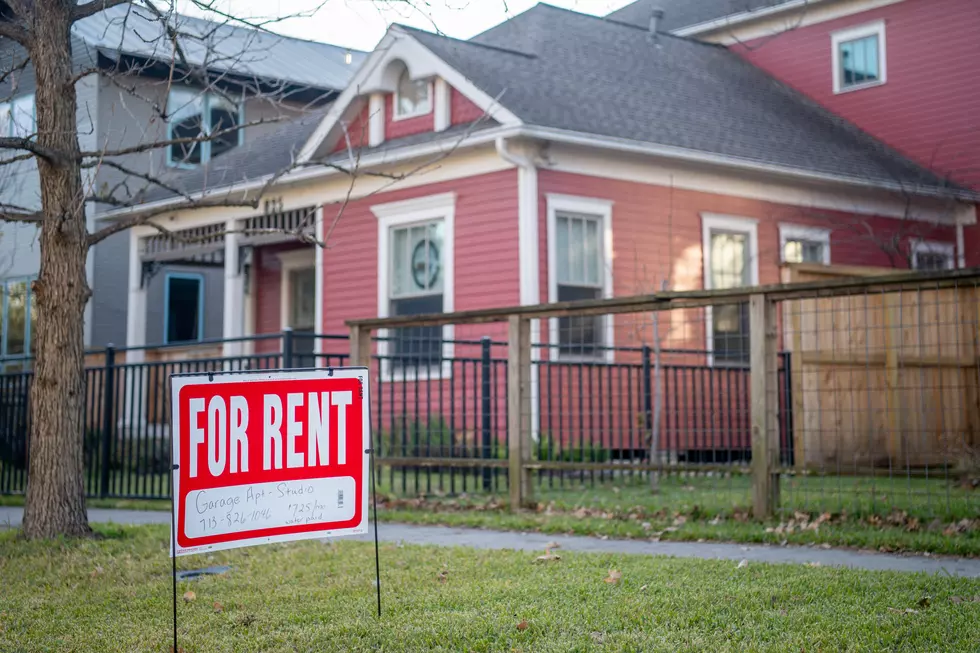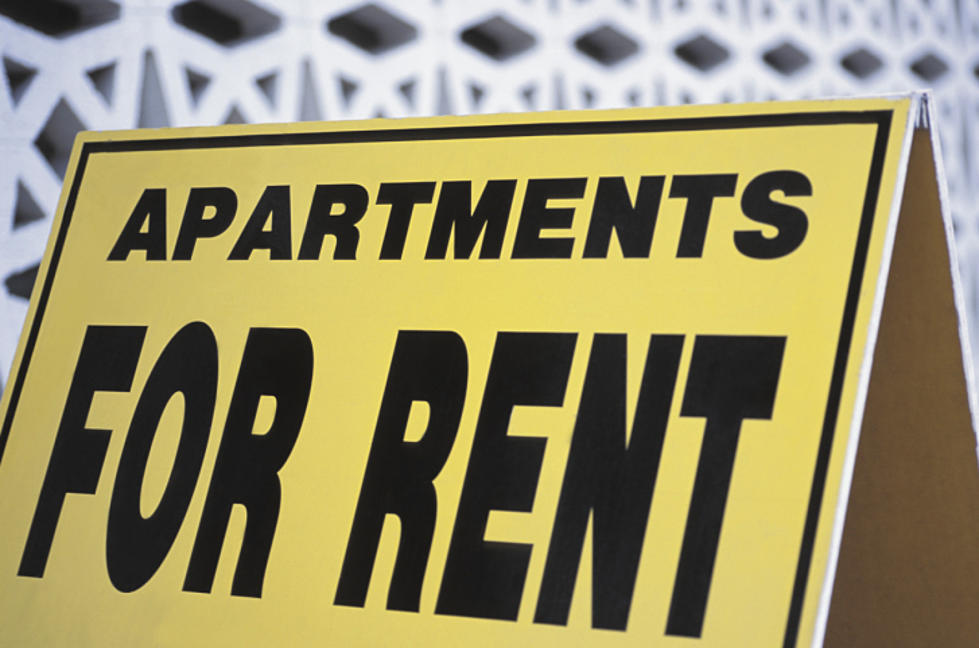
US home rental prices rise again in June
WASHINGTON (AP) -- U.S. home rental prices climbed much faster than incomes in June. But there are signs of slowing momentum around major job hubs such as New York, Los Angeles and Washington.
Real estate data firm Zillow said Thursday that U.S. rental prices rose a seasonally adjusted 4.3 percent in June from a year ago. Rental prices have been increasing at double the pace of wage growth, causing renters to allot more of their income to housing and limiting their ability to save to buy a home.
The average hourly wage increased just 2 percent last month, according to the government.
"Rents are insanely unaffordable on a historical basis in the United States right now," said Stan Humphries, chief economist at Zillow.
Rents continue to jump at double-digit rates in Denver, San Francisco and San Jose, California. But the monthly data suggests that several other major markets have either added enough new buildings to accommodate demand or pushed residents to their financial limits with previous price hikes.
The slowdown is reflected in price changes month-over-month.
Between May and June, median rental prices in the New York metro area fell $15 to $2,340 a month. This comes as rent consumes on average 41.7 percent of incomes for people living in and around New York, up from a historical average of 25.3 percent, according to Zillow.
The median rental price around Los Angeles has risen more than 5 percent over the past year, but it was flat at $2,505 from May to June. The monthly costs approach nearly half of Angelenos' incomes.
For the past two-and-a half years, Erika Kavanagh has paid $1,150 a month to rent a one-bedroom apartment with a broken dishwashing machine in Culver City, which is part of Los Angeles County.
The 26-year old is focused on paying down her college and credit card debts, which means that she will be "renting for the foreseeable future." Working in human resources, she has explored other possible rentals but found they cost as much as $500 a month more than her current lease.
"The landlords definitely have the upper hand," Kavanagh said.
Some markets such as Washington have seen prices slip as new apartment complexes have come onto the market, adding thousands of new units for renters. Prices around Washington were essentially flat between May and June and have increased just 1.69 percent over the past 12 months.
More Americans are shifting to rentals in the aftermath of the housing bust, which triggered the Great Recession in late 2007. Some faced foreclosures, while others lacked the incomes and down payment savings to buy a home.
The Census Bureau reported this week that the share of homeowners dropped to its lowest level since 1967. Only 63.4 percent of Americans owned homes in the April-June quarter, down from 63.7 percent in the first three months of the year.
This shift will likely continue for the next 15 years, according to a June report by the Urban Institute, a Washington-based think tank.
The report estimates that the home ownership rate will drop to 61.3 percent by 2030, as the economy adds 13 million households that rent and nine million that own.
This reflects delays in marriage and childbearing, the enduring effects of the recession, the rise of student loan debt and a cultural change on home ownership, among other factors, said Laurie Goodman, director of the Urban Institute's Housing Finance Policy Center.
(Copyright 2015 The Associated Press. All rights reserved. This material may not be published, broadcast, rewritten or redistributed.)
More From New Jersey 101.5 FM









